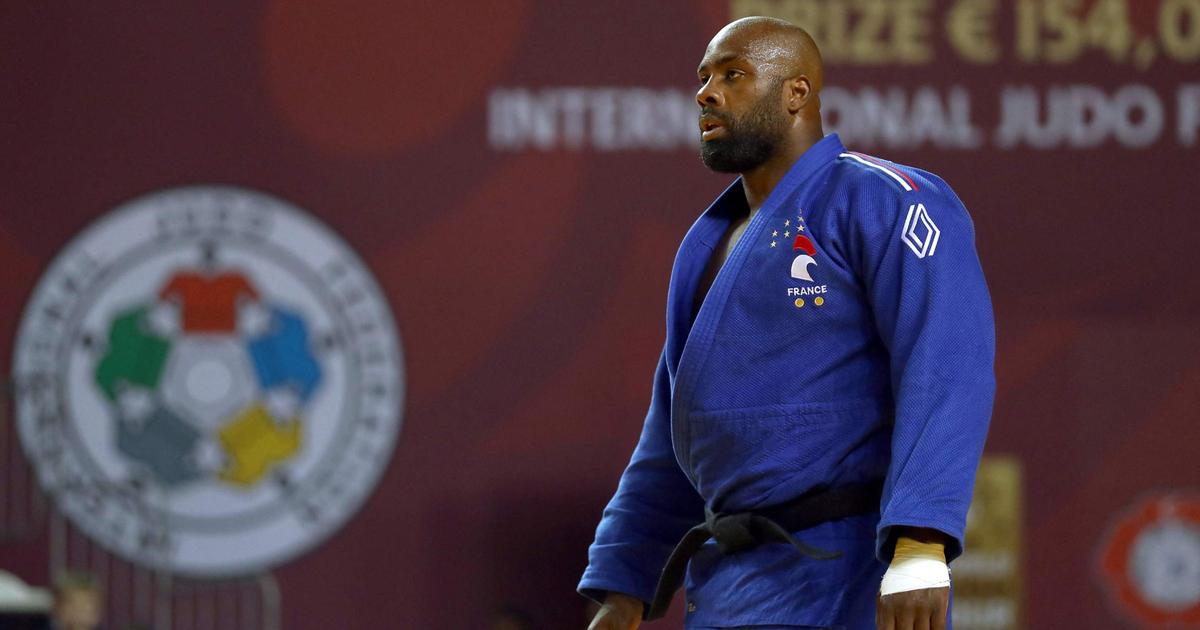He had come to Tokyo to further mark his hegemony.
He left with the chocolate medal and the rage between the teeth, as in London in 2012. Novak Djokovic, big favorite of the men's tournament, experienced everything this Saturday morning against the Spaniard Pablo Carreno Busta, in the match counting for the bronze.
Beaten (6-1, 3-6, 1-6) in the semifinals yesterday by the German Alexander Zverev, the Serbian had come to continue the momentum of his formidable first six months of the year (victories in Melbourne, Roland-Garros, and Wimbledon).
No Golden Slam for him, but the possibility of winning a medal nonetheless, nine years after failing against Argentina's Del Potro in the British capital.
Mistreated in the first round, Djokovic then found the resources to return to the game, after a decisive game marked by a first match point against him.
Physically touched, the “Djoker” then showed the bad side of his character during the first following game, swinging his racket in the grandstand, then violently on the ground at 0-3 against him.
Djokovic then got a warning for this.
Pablo asked how he was not given a penalty spot.
pic.twitter.com/0MWzeZV8Y9
-.
(@Ashish__TV) July 31, 2021
He thus deprives Serbia of its 5th medal.
For his part, Carreno Busta brings to Spain his first charm since 2008. In Beijing, Rafael Nadal was crowned Olympic champion.
The final will oppose Zverev (world n ° 5) to Russian Karen Kachanov (n ° 25), next night (3 hours).













/cloudfront-eu-central-1.images.arcpublishing.com/prisa/676XY7TMBRAIFEAGKGDKVAPWYY.jpg)

